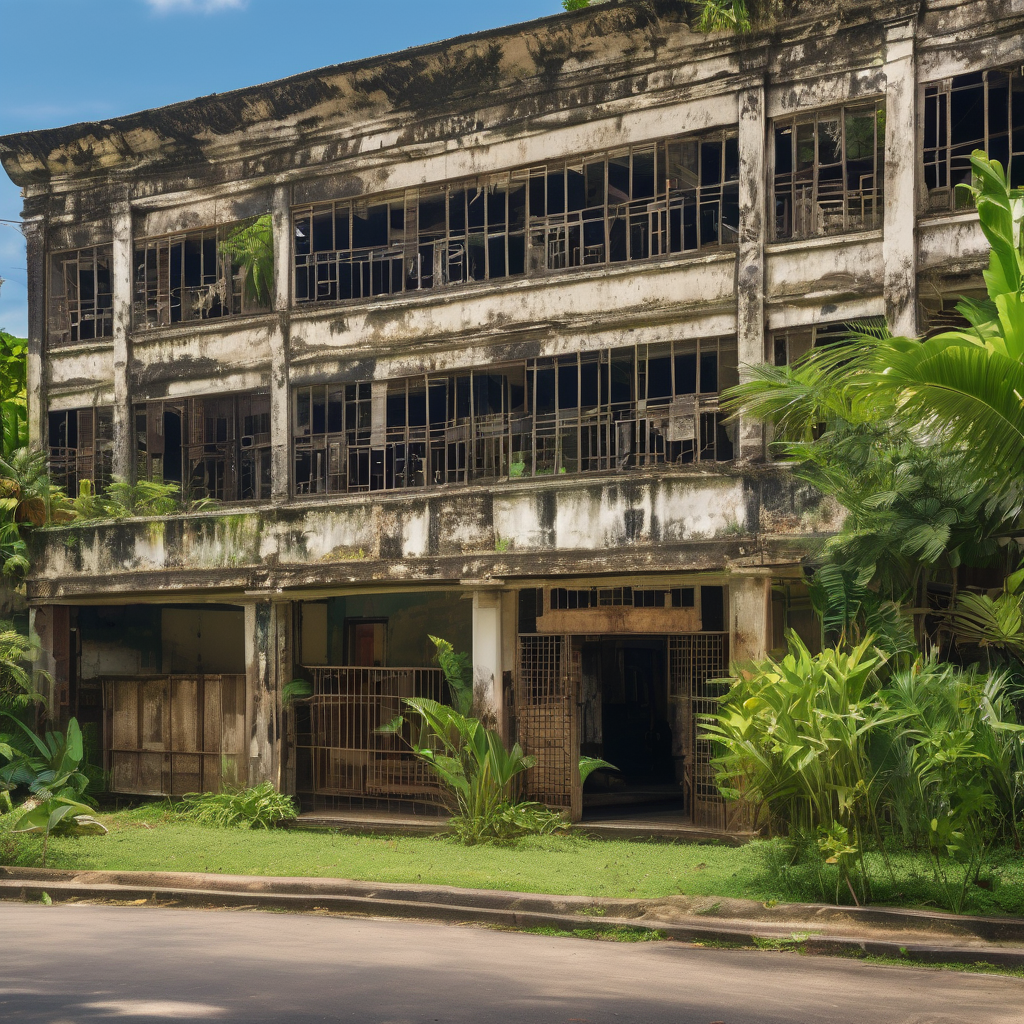The recent devastating collapse of the Al Khoziny Islamic boarding school in Sidoarjo, East Java, has resulted in a rising death toll that now stands at least 49, as reported by Indonesia’s disaster mitigation agency. The tragic incident, which unfolded last week, saw concrete structures crumble over hundreds of mainly teenage boys, leading to an urgent mobilization of rescue teams.
By late Sunday, rescuers had managed to clear approximately 80% of the debris, uncovering many victims’ remains. Distressing footage shared by search officials captured the somber moment as responders carried orange body bags from the scene. Preliminary investigations revealed that the collapse was caused by the construction of upper floors on inadequate foundations. Rescue efforts continue, with hopes of locating any remaining individuals trapped beneath the rubble.
This incident starkly illustrates the troubling structural issues prevalent across Indonesia. There are around 42,000 Islamic school buildings, known locally as pesantren, yet alarmingly, only 50 have secured the required building permits. This statistic raises significant concerns regarding construction standards and safety regulations across the nation. Public Works Minister Dody Hanggodo emphasized the critical need for stricter adherence to safety measures to avert similar tragedies in the future.
Other recent tragic events in Indonesia further amplify worries regarding public safety. For instance, a rock collapse at a quarry in West Java tragically claimed 19 lives, while various maritime disasters have also highlighted weaknesses in safety protocols. These recurring incidents underscore an urgent call for enhanced regulations to ensure the safety of individuals.
Though the grief from such events is profound, there lies a glimmer of hope that these calamities will prompt substantial reforms in safety practices and adherence to construction guidelines. Communities are increasingly rallying for change, determined to protect lives and prevent such disasters in the future. The dedication and efficiency of the response teams reflect a collective resolve to learn from past mistakes, fostering an environment where safety and compliance are prioritized.
